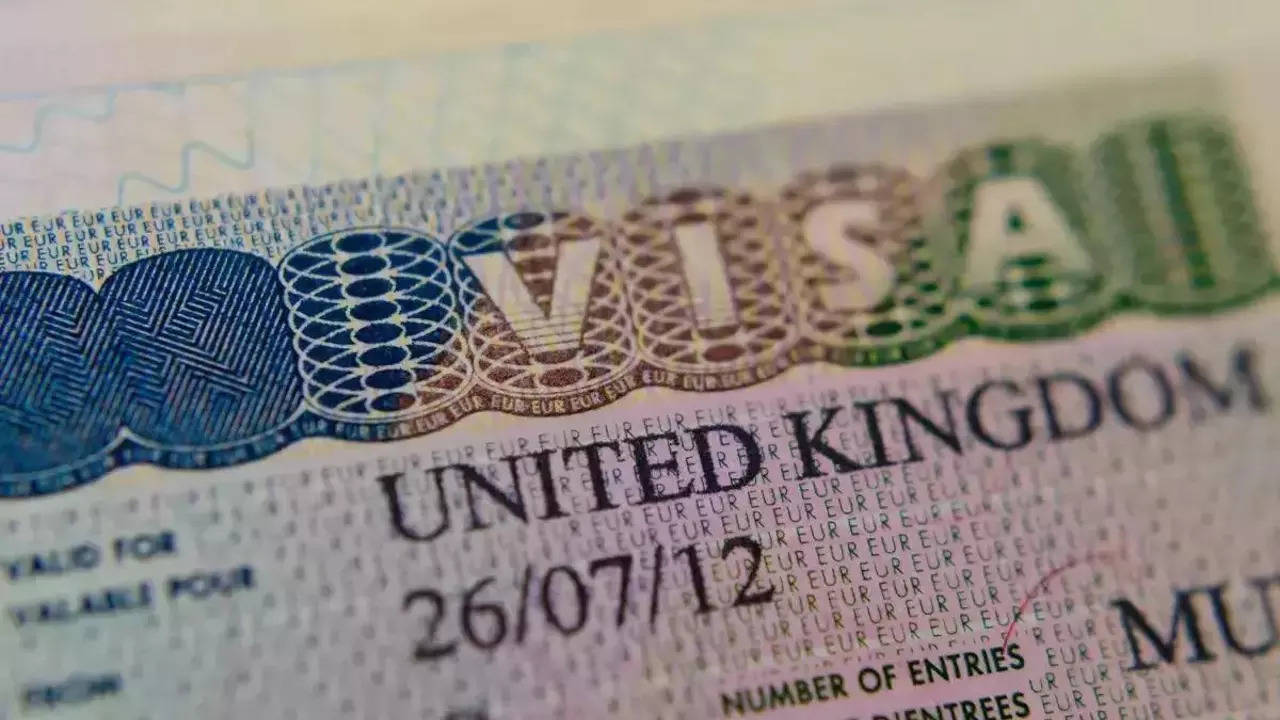McGill regulation professors say college has ‘a authorized obligation’ to implement obligatory vaccines for on-campus attendance
MONTREAL —
A lot more than 1,000 men and women have signed an on-line petition demanding McGill University make vaccines obligatory for students on-campus, while voices from just about every side debate no matter whether it would be authorized to do so.
Without having obligatory vaccines, users of McGill’s personal regulation faculty say the college could be leaving itself open up to lawsuits from the university neighborhood.
Previously in August, McGill student Phaedra de Saint-Rome launched the petition just after the University of Ottawa resolved to make vaccines obligatory for all learners returning to campus in-particular person.
She states McGill really should do almost everything in its ability to preserve college students from contracting COVID-19, and that a vaccine requirement is an essential move in performing so.
“The science states that the ideal training course of action, and the greatest way to keep risk-free, is to be vaccinated and to proceed donning a mask, particularly in close areas,” she mentioned.
“So, I’m hoping that [McGill] will stick to that science.”
The university claims it is not legally allowed to make vaccines required for college students without having an specific authorities directive.
This week, the Legault authorities declared vaccinations are required for overall health-care personnel and pupils in well being-care plans.
For now, educators and pupils in other departments are not remaining pressured to get the shot.
“Our check out is that until the government mandates vaccination, in the Quebec context we are not able to lawfully involve it,” wrote McGill spokesperson Katherine Gombay in a statement to CTV News.
“McGill will carry on to just take a prudent scheduling solution that lets us to adapt as the wellbeing and effectively-becoming of our local community stays a prime priority.”
But that claim was refuted by users of the university’s law faculty, who wrote an open letter to McGill claiming there is no lawful rationale the faculty cannot impose its own vaccine necessity (letter hooked up down below this post).
“We have concluded that the university not only has the lawful authority to institute this sort of a policy but has a legal obligation to do so,” browse the letter.
“Usually, when you talk to anyone, what is actually your (authorized) reasoning, they give you 1, but they give everyone the specific very same sentence you bought,” Richard Gold, a McGill regulation professor, advised CTV News.
“So, we seemed significantly and wide,” he explained, including he and others combed privacy, work, and human rights legislation, as effectively as the Canadian and Quebec charters.
“We could obtain very little that prevented McGill or sister universities from instituting this kind of a program,” he said.
“None of us have any clue why McGill is using this situation.”
A Legal Liability?
Gold says that without a required vaccine plan, the university could be leaving by itself open up to lawful action from pupils and staff members.
A lawsuit, according to Gold, could arrive from one particular of two groups of people today.
The first group, he suggests, includes learners, college, and employees who have wellness ailments that set them at a greater danger of COVID-19 complications.
Or, he says, people who have young children underneath 12, or are using treatment of somebody with a well being problem.
“They will sue underneath discrimination,” he stated, “and we have very robust anti-discrimination regulations based mostly on disability.”
The 2nd team, says Gold, contains those who get unwell simply because a classmate is unvaccinated.
“Either they then on their own get critically unwell, or they go it on to an individual else,” stated Gold.
“Then, McGill could be sued for civil liability for possessing unsuccessful to meet up with the typical that has emerged in the world” in universities somewhere else, he said.
“In the end, it will depend on a court docket of regulation,” he added. “All we’re indicating is there is a legal chance below.”
Browse the open up letter below:






